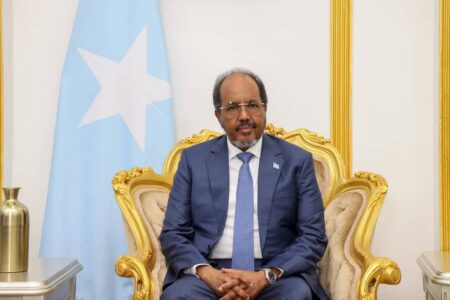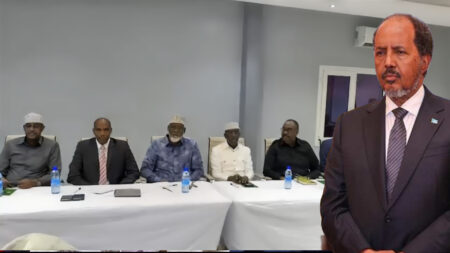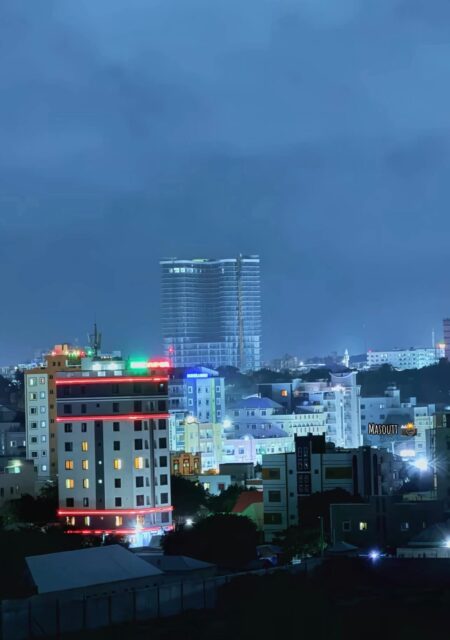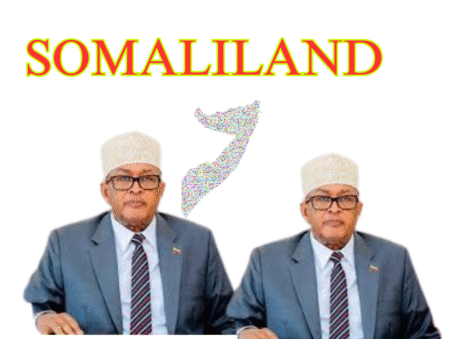Report on the Situation of Somali Agriculture: Mismanagement, Funding Issues, and the Need for Reform
Agriculture is a central component of Somalia’s economy and plays a vital role in the livelihood of its population. Despite significant international financial support, the agricultural sector faces severechallenges. Drought, floods, outdated farming methods, and widespread corruption are key factors preventing Somali farmers rom successfully marketing their products. Particularly alarming is the misuse of international aid funds, which were intended to modernize agriculture but have often been misappropriated.
- 1. The Importance of Agriculture in Somalia
Agriculture is the backbone of Somalia’s economy and its primary source of income for the population:
- Contribution to GDP: Agriculture accounts for over 70% of the country’s Gross Domestic Product (GDP).
- Employment: Approximately 80% of the population is employed in agriculture.
- Exports: Over 50% of Somalia’s exports come from agricultural products, particularly livestock.
Despite its importance, Somalia’s agriculture sector remains inefficient and suffers from structural deficits.
- International Aid Programs and Mismanagement
Numerous international organizations have provided substantial financial support to address these challenges. However, instead of helping farmers, these funds are often misappropriated, used inefficiently, or diverted into the pockets of corrupt officials.
- a) EU Funding Programs
The European Union (EU) has made significant efforts to support Somali agriculture:
- Through the KobciyeProject, the EU has supported 3,000 farmers in Puntland, Jubaland, and Galmudug. This initiative included providing tractors, solar-powered water pumps, and fences to improve crop security.
- Another EU-funded project with a €2 million budget provides technical assistance to Somalia’s agricultural ministries, strengthening modern value chains.
Despite these efforts, many aid funds have not been effectively utilized. Corruption and inefficiencies continue to hinder progress.
- b) USAID Initiatives
- The United States Agency for International Development (USAID) invested over $369 million in Somalia in 2021 alone. These funds were intended to support food security, sanitation, and assistance for internally displaced persons.
While some funds were directed toward agricultural development, widespread corruption and poor oversight limited their impact.
- c) African Union and Arab League Contributions
The African Union (AU) and the Arab League have also invested in Somalia’s agricultural sector:
- The AU, through the African Union Transition Mission in Somalia (ATMIS), allocated significant resources to promote stability and agricultural development.
- The Arab League has provided Somalia with political and humanitarian support, but concrete agricultural investment figures remain transparent.
Despite these international efforts, the conditions for Somali farmers remain critical.
- Outdated Farming Methods and Lack of Innovation
Another major problem is the outdated agricultural system. Many farmers still rely on techniques that have remained unchanged for decades, significantly reducing their productivity.
- There is a severe lack of modern machinery, improved seed varieties, and efficient irrigation systems.
- Farmers often lack knowledge about climate-resilient and sustainable farming techniques that could reduce crop losses.
Despite funding availability, the failure to implement modern practices has severely hindered progress.
The Somali government has significant responsibility for these ongoing issues:
- Mismanagement of Aid Funds: Funds intended to support farmers are often misappropriated or fail to reach their intended beneficiaries.
- Lack of Infrastructure Investment: Roads, transport systems, and storage facilities remain poorly developed, making it difficult for farmers to access markets.
- Tolerance of Corruption: Rather than taking action against corrupt officials who impose illegal fees on farmers, this behavior is often overlooked or even condoned.
- Recommendations and Solutions
To improve the situation of Somali agriculture, the following measures are urgently needed:
- a) Transparency and Accountability
- The Somali government should establish an independent oversight body to monitor the use of international aid funds.
- Authorities must ensure full transparency and public reporting on the allocation of these resources.
b) Modernizing Agriculture
- Investment in modern machinery, climate-resistant seeds, and efficient irrigation systems is crucial.
- Training programs should educate farmers on modern techniques and sustainable agricultural practices.
- Investment in road construction, warehouses, and transport networks is essential to improve farmers’ market access.
- Establishing regional collection points could help farmers consolidate their products and improve efficiency.
- d) Combating Corruption
- The government must take strict action against corrupt officials imposing illegal fees on farmers.
- Implementing digital payment systems could help minimize corruption and ensure transparent transactions.
Conclusion
- Despite substantial international support, Somalia’s agricultural sector remains in a precarious state. International funding intended to modernize the sector and improve farmers’ livelihoods is often misused or mismanaged. The Somali government must take responsibility by combating corruption, improving infrastructure, and investing in agricultural modernization. Without decisive action, the cycle of hunger, poverty, and economic insecurity will continue to threaten the lives of Somali farmers. Furthermore, the international donor community must strengthen oversight mechanisms to ensure that financial resources reach those who need them most—the Somali farmers themselves. A swift and targeted response is essential before further resources are wasted and the livelihoods of Somali farmers face even more significant risks.
Written by Abdi Fiidow




